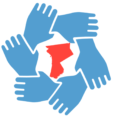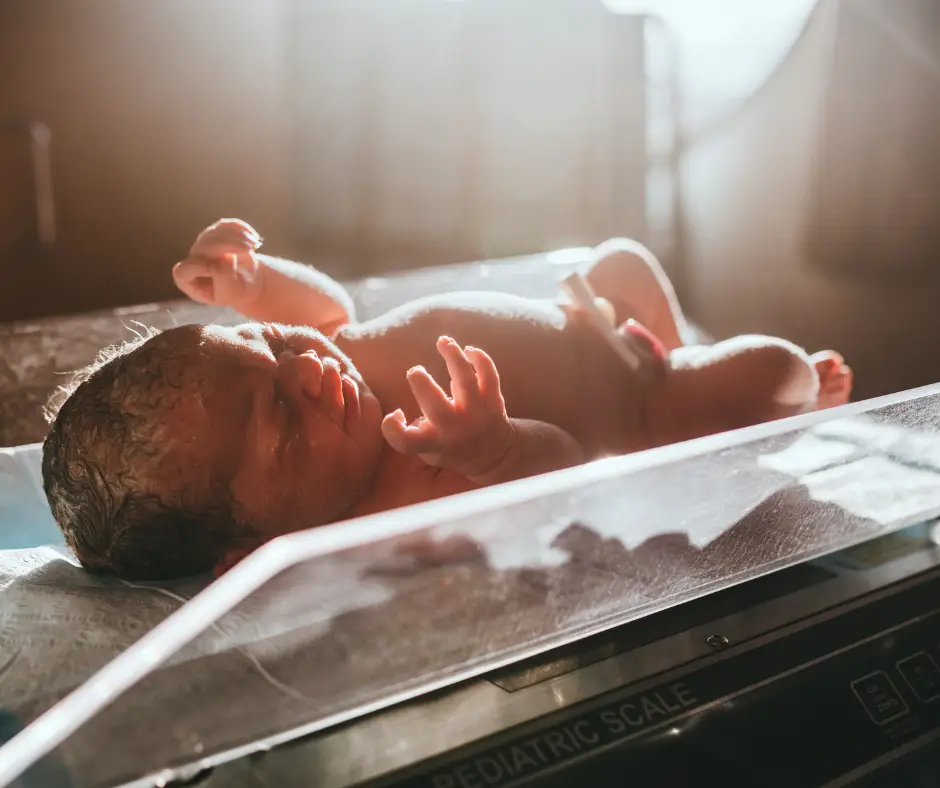Your baby is growing and changing every single day, and between 3 to 6 months, their world (and yours!) expands in exciting ways. From first giggles to rolling over and reaching for their favorite toys, this stage is full of sweet surprises and new skills.
If you’re wondering, “Is my baby on track?” or “Should they be doing more?”, take a deep breath! Every baby develops at their own pace, and minor differences are completely normal. This guide will walk you through typical milestones, what to expect, and how to encourage their growth—without stress!
What Are Developmental Milestones?
Developmental milestones are skills that most babies reach around a certain age. They are divided into four categories:
Cognitive (Thinking & Problem-Solving) – How your baby learns and interacts with the world.
Language & Communication – How they coo, babble, and respond to sounds.
Motor Skills (Big & Small Movements) – How they use their muscles to move, grab, and explore.
Social & Emotional – How they bond, express feelings, and react to others.
While some babies may hit milestones earlier or later, the important thing is steady progress over time. If you’re ever unsure, your pediatrician is there to guide and reassure you!
Major Developmental Milestones (3-6 Months)
Here’s what your baby might be doing during this exciting stage!
Cognitive (Thinking & Exploring)
Curious About the World – Your baby will stare intensely at objects, especially faces (and probably your morning coffee cup ☕).
Follows Moving Objects – They track toys, people, and even pets with their eyes.
Recognizes Familiar People – By 4 months, your baby knows who their favorite people are (hint: YOU!).
Brings Everything to Their Mouth – Whether it’s a toy, your finger, or their own foot—it’s going in there. This is how they explore textures (CDC, n.d.).
Try This: Give your baby brightly colored, textured toys to explore. Soft books, crinkly fabric, and safe teething rings stimulate their growing brain!
Language & Communication (Let the Babbling Begin!)
Cooing & Babbling – By 3 months, babies start making sweet “ooh” and “ahh” sounds. By 5-6 months, they add “ba,” “da,” and “ma” (AAP, n.d.).
Turns Toward Voices – Call their name and they start searching for you!
Laughs & Squeals – Get ready for adorable giggles when you tickle their belly or play peek-a-boo.
Blows Raspberries – Spit-filled “ppppbbbtt” sounds = early language practice (and lots of drool!).
Try This: Talk and sing to your baby all day long. Narrate what you’re doing, even if it’s just making coffee! They’re soaking in every word.
Motor Skills (Big & Small Movements)
Pushes Up on Arms – By 3-4 months, tummy time pays off, and they lift their chest like a mini push-up.
Rolls Over – Around 4-5 months, rolling from tummy to back happens first, then back to tummy (Mayo Clinic, n.d.).
Grabs & Holds Objects – By 4 months, they can grab a rattle. By 5-6 months, they’re transferring objects hand to hand.
Bounces When Held Upright – If you hold them in a standing position, they push off the ground (future dance moves incoming ).
Try This: Offer soft, easy-to-hold toys and let them reach for them. If they drop something, hand it back—it’s a game now!
When to Be Concerned: Missing Milestones & What to Do
It’s important to remember that some babies take longer to hit milestones, but certain signs may indicate a need for evaluation.
When to Talk to Your Doctor
By 4-6 months, talk to your pediatrician if your baby is:
Not making eye contact or responding to sounds.
Not holding their head up steadily when supported.
Not attempting to roll over at all by 6 months.
Not bringing hands together or reaching for objects.
Not making any sounds or showing interest in communication.
How to Track Milestones & Keep Records
Create a Simple Baby Journal:
Write down major milestones (first laugh, first time rolling, new babbling sounds).
Take videos to see their progress over time!
Use a Milestone Checklist – You can use CDC’s milestone tracker app (CDC, n.d.).
What If My Baby Is Behind?
Don’t panic! Some babies take a little longer to develop certain skills.
If your baby progresses but just at a slower pace, that’s usually okay!
Your pediatrician can help with simple exercises or early intervention services if needed.
Reassurance for Parents
Every baby develops at their own pace!
Minor delays are usually normal—what matters is progress!
You don’t need to “teach” milestones—your baby will naturally reach them!
Your baby loves you exactly as you are—no need to stress about perfection!
Bilingual Resources on Baby Development (English & Spanish)
Milestone booklet:
How to get help/ When to see a doctor:
Milestone tracker:
Video Resoruces:
English:
Spanish:
Final Thoughts
The 3-6 month stage is full of growth, surprises, and love. Your baby is exactly where they need to be, and you’re doing an amazing job! Enjoy the journey—before you know it, they’ll be crawling, talking, and keeping you on your toes!
EARLY DEVELOPMENTAL SCREENINGS & SUPPORT
1. Westchester County Department of Health – Early Intervention Program
- Location: White Plains, NY
- Services: Free developmental assessments, home-based therapy referrals, support for children under 3 showing delays
- Phone: (914) 813-5094
- Website: health.westchestergov.com/early-intervention
2. Putnam County Early Intervention Program
- Location: Brewster, NY
- Services: Evaluation and support services for infants and toddlers (0–3 years), including speech, motor, and social-emotional development
- Phone: (845) 808-1400
- Website: www.putnamcountyny.com/health
FAMILY MEDICAL CENTERS WITH INFANT DEVELOPMENT GUIDANCE
3. Open Door Family Medical Center – Pediatric Services
- Locations: Ossining, Port Chester, Mount Kisco, Sleepy Hollow, Brewster
- Services: Well-baby checkups, milestone tracking, referrals for early intervention if needed
- Phone: (914) 941-1263
- Website: www.opendoormedical.org
4. Sun River Health (formerly HRHCare) – Pediatric Services
- Locations: Peekskill, Yonkers, Poughkeepsie, and more
- Services: Routine pediatric visits with milestone review and parental education
- Phone: (844) 474-2273
- Website: www.sunriver.org
5. Westchester Medical Center – Maria Fareri Children’s Hospital
- Location: Valhalla, NY
- Services: Pediatric specialty services, developmental delays evaluation, infant neurology if needed
- Phone: (914) 493-7000
- Website: www.westchestermedicalcenter.org
PARENT EDUCATION & DEVELOPMENTAL GUIDANCE
6. United Way’s 211 Hudson Valley Helpline
- Coverage: Westchester and Putnam Counties
- Services: Referrals for early childhood programs, home visiting services, parent support workshops
- Phone: 2-1-1 or 1-800-899-1479
- Website: www.hudson211.org
7. WestCOP (Westchester Community Opportunity Program) – Head Start & Early Head Start
- Locations: Throughout Westchester
- Services: Developmental screenings, infant-toddler socialization, early childhood education
- Phone: (914) 592-5600
- Website: www.westcop.org
ONLINE RESOURCES FOR TRACKING DEVELOPMENT
8. CDC’s Developmental Milestones Tracker
- Services: Free milestone checklists for 2 months, 4 months, and 6 months, plus signs of concern
- Website: www.cdc.gov/ncbddd/actearly/milestones
9. Pathways.org – Milestone Videos & Activities
- Services: Pediatrician-approved videos and activity ideas to support babies at 3–6 months
- Website: www.pathways.org
Legal Disclaimer: The information provided by our nonprofit is for informational purposes only and not a substitute for professional medical advice, diagnosis, or treatment. Always consult a qualified healthcare provider for medical concerns. We make no guarantees about the accuracy or completeness of the information and are not liable for any decisions made based on it. If you have a medical emergency, call 911 or seek immediate medical care.


